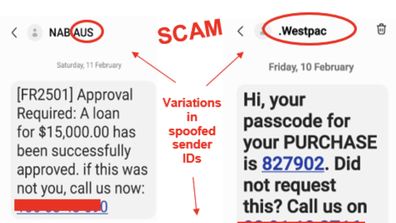CyberCX chief strategy officer Alastair MacGibbon, who is advising Latitude on its response to the hack, said the security breach was not as bad as it seemed.
“I’m not here to say that these numbers are great, clearly you can’t do that,” he told Today.

“What I can say is that, of those eight million people you refer to, the vast bulk of those driver’s licence details are just the number.
“What that means, of course, in most states is that is not a compromise of your driver’s licence and it doesn’t need to be replaced.”
MacGibbon said a “big portion” of the stolen data was also more than 10 years old, meaning people may have moved state.

Additionally, he said, people affected by the Optus or Medicare hack had likely already updated their ID documents, meaning if their data had been stolen from Latitude, it was likely out of date.
Read Related Also: Khloé Kardashian sued by former household assistant over unpaid wages
“I think it’s unlikely the numbers will grow,” he said.
But he also warned this wouldn’t be the end of such attacks.
“What we really need to address here are the underlying issues of how we prove identity in this country,” MacGibbon said.
“This is not going to be the last breach. I have said that for the last 20 years. The reality is there is going to be more of these.
“We’ve got to change how we collect information and how we identify ourselves in this country and that is the urgent matter that the government needs to start addressing.”

The text message to look out for that could trick almost anyone








